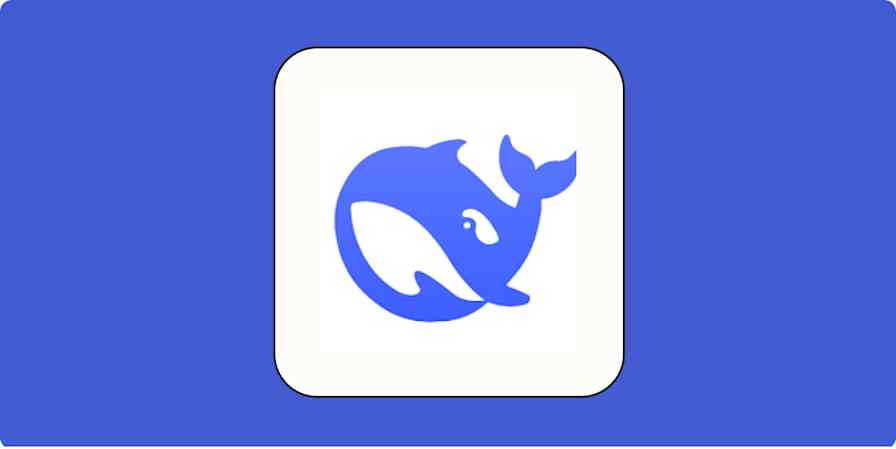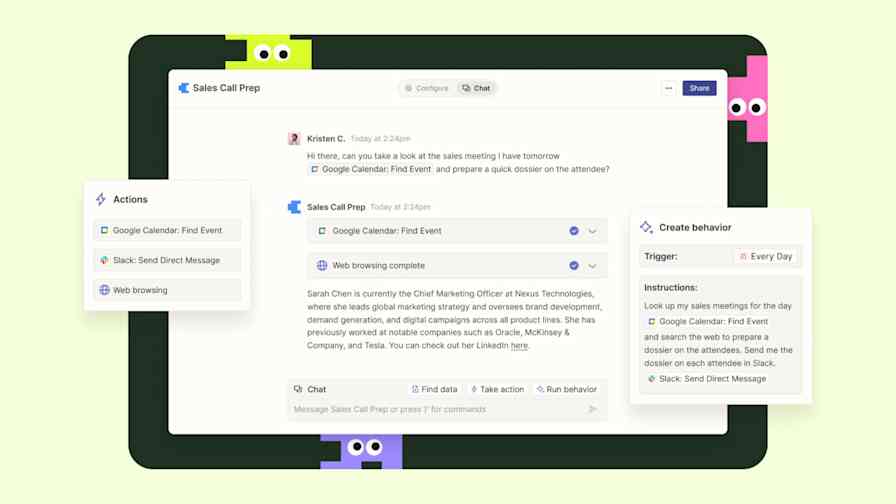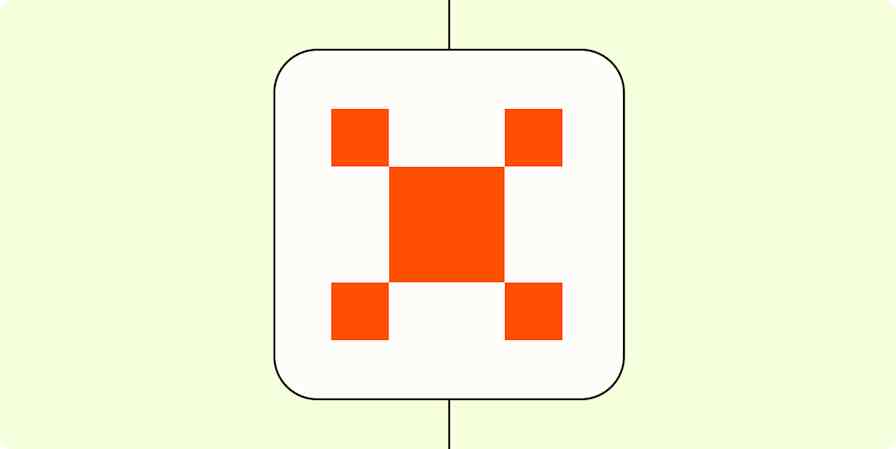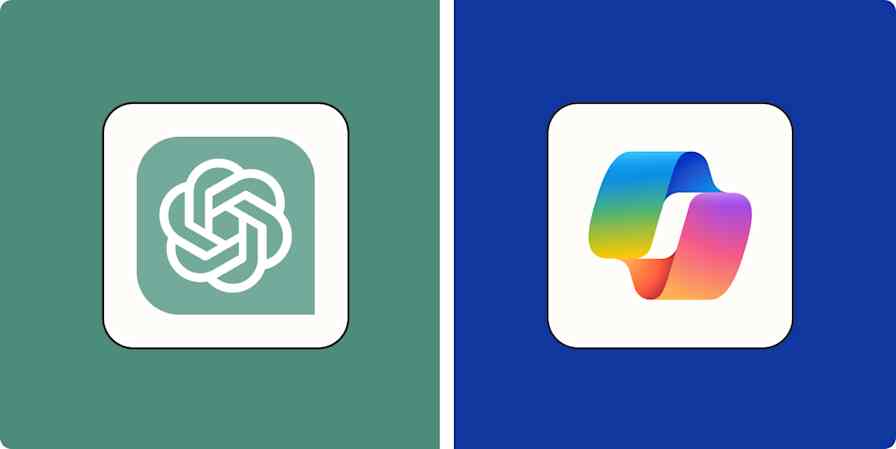App comparisons
6 min readMeta AI vs. ChatGPT: Which is better?
By Harry Guinness · May 28, 2024

Get productivity tips delivered straight to your inbox
We’ll email you 1-3 times per week—and never share your information.
mentioned apps
Related articles
Improve your productivity automatically. Use Zapier to get your apps working together.








